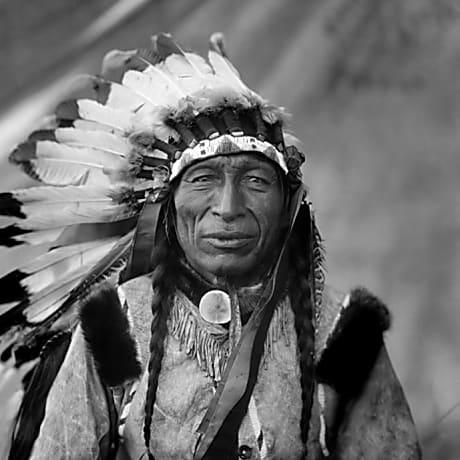
1 minute read
Beverly & Norm Harry Interview
BEVERLY & NORM HARRY Beverly & Norm Harry have spent a majority of their lives advocating for Indigenous people, and have had the opportunity to work with all 27 tribes in the state of Nevada over the course of their lifetime. The two have spent a good portion of their lives serving as the voice of native people in the Great Basin territory.
What has been your involvement with the recognition of Indigenous Peoples' Day? What environmental issues have you seen as a concern among native tribes?
Advertisement
My family’s vision has always been to empower native communities. As all of the main indigenous people from the Western Shoshone (Newe), Northern Paiute (Numu), Washoe (Wašišiw ), Goshutes (Newe), and Southern Nevada (Nuwuvi) become more visible , we strategize continuously to fight against colonialism. We continue to fight for clean air, water and land. What are some challenges indigenous people have had to fight against within their culture?
The challenges that Indigenous communities face to connect with their traditions is the path to survival. Primarily, it is the impacts of colonial structure and practices that brings us to these intersections. Today, I work to broadcast the Native Voice in rural communities where racism and prejudice continues to thrive. I work to build a positive existence with our communities but first working on healing from historical trauma.
Endangered and threatened species, mining justice, dewatering landscapes, mismanagement of the lands, water pollution, over development, water pipelines, desecration of burial grounds, nuclear waste, and military expansions. What are some of the main issues indigenous people face?
Throughout Nevada, there is a captivating history of indigenous people who have been failed by Western education, we need to celebrate their histories and cultures. Norm and I have worked on water issues as well as mining justice issues together. The challenges that Indigenous communities face to connect with their traditions is the path to survival. Primarily, it is the impacts of colonial structure and practices that brings us to these intersections. Today, I work to broadcast the Native Voice in rural communities where racism and prejudice continues to thrive. I work to build a positive existence with our communities but first working on healing from historical trauma.


